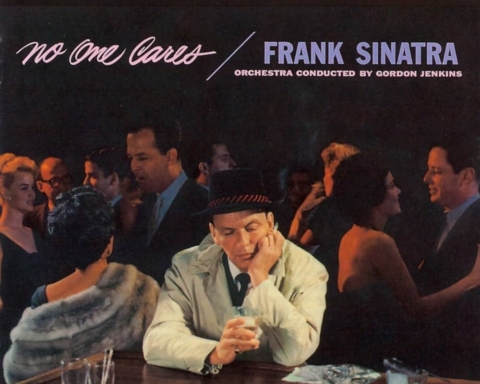By Harrison Leone
Sports Assignment Editor
One of the most influential and unheralded pioneers of modern music was lost last Sunday when Lou Reed passed away at age 71. Artists, writers and fans of all ages immediately expressed their sorrow at the death of the former Velvet Underground frontman.
By all accounts, Reed was an innovative, cutting-edge professional worthy of the respect of admiration of both his peers and those who enjoy his music.
Reed’s death and IT’S collective response to it, while appropriate for a cultural hero such as himself, raises questions about how we remember deceased individuals with more controversial pasts than his.
There is an oft-repeated maxim to “not speak ill of the dead.” This advice, while admirable in its attempt to respect those who can longer defend themselves, often results in glorifying those who may not deserved to be glorified. Death, the awful tragedy that it is, should not be used to excuse misdeeds committed in life.
Not only does this insincerity reveal a lack of critical abilities on the part of those who remember the departed, it does the dead no favors, either, by elevating them to an impossible-to-achieve status. Placing the deceased on a pedestal obscures their memories as actual humans — as flawed, imperfect people who, like everyone else, were not perfectly angelic.
In October of 2011, Oakland Raiders owner Al Davis passed away. There was an immediate outpouring of grief across all realms of the world of sports journalism. Following his passing, Davis was almost universally hailed as one of the game’s most important and influential owners of the league, contributing to the NFL’s continuous rise in popularity. Unquestionably, Davis was one of the most visible faces of the league for nearly four decades and made great strides in promoting civil rights and diversity within the game.
For all his laudable traits, Davis was also one of the league’s most polarizing figures, loved and despised in almost equal measures. He quarreled vehemently with fan bases and the league offices, benched Hall of Famers out of spite and failed to provide the Raiders with adequate facilities for the sake of saving money. The coverage of his death glossed over these less-than-savory facts, focusing only on the positive while pretending the negative never came into play.
Davis’ remembrance is just an example of the difficulties of accurately and genuinely assessing a person’s life after he or she has moved on. Whether people are blinded by grief or feel a need to be overly compassionate in the wake of a loss of life, criticism is largely and unfortunately reserved, replaced by unmitigated acceptance. Furthermore, by ascribing wholly positive traits to the dead simply by virtue of being dead detracts from those who truly deserve our collective admiration.
We do not, of course, need to be aggressively insulting, nitpicking or denigrating when we remember the deceased. Harsh labels and unfair judgments should not be levied against the dead simply because they are gone. The converse, however, must be true as well. Death cannot act as insulator for sins that allows-or forces-us to forgive and forget earthly trespasses.
Sigmund Freud once noted that “consideration for the dead…is more important to us than the truth.” Being swept up in a wave of overly-emotional sentiment does no one — dead or alive — any favors.
leonejh11@bonaventure.edu





